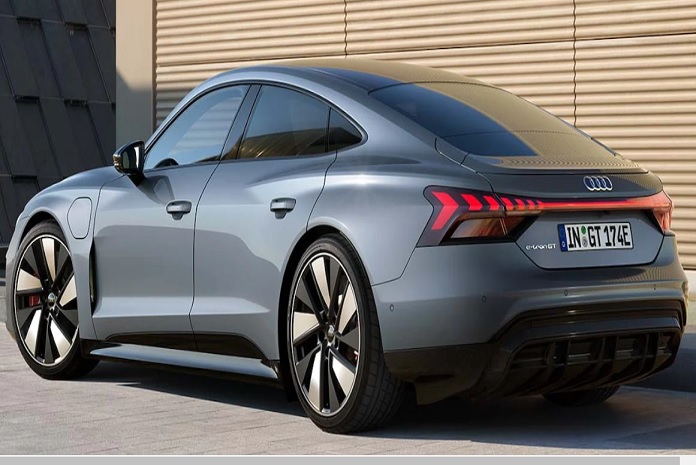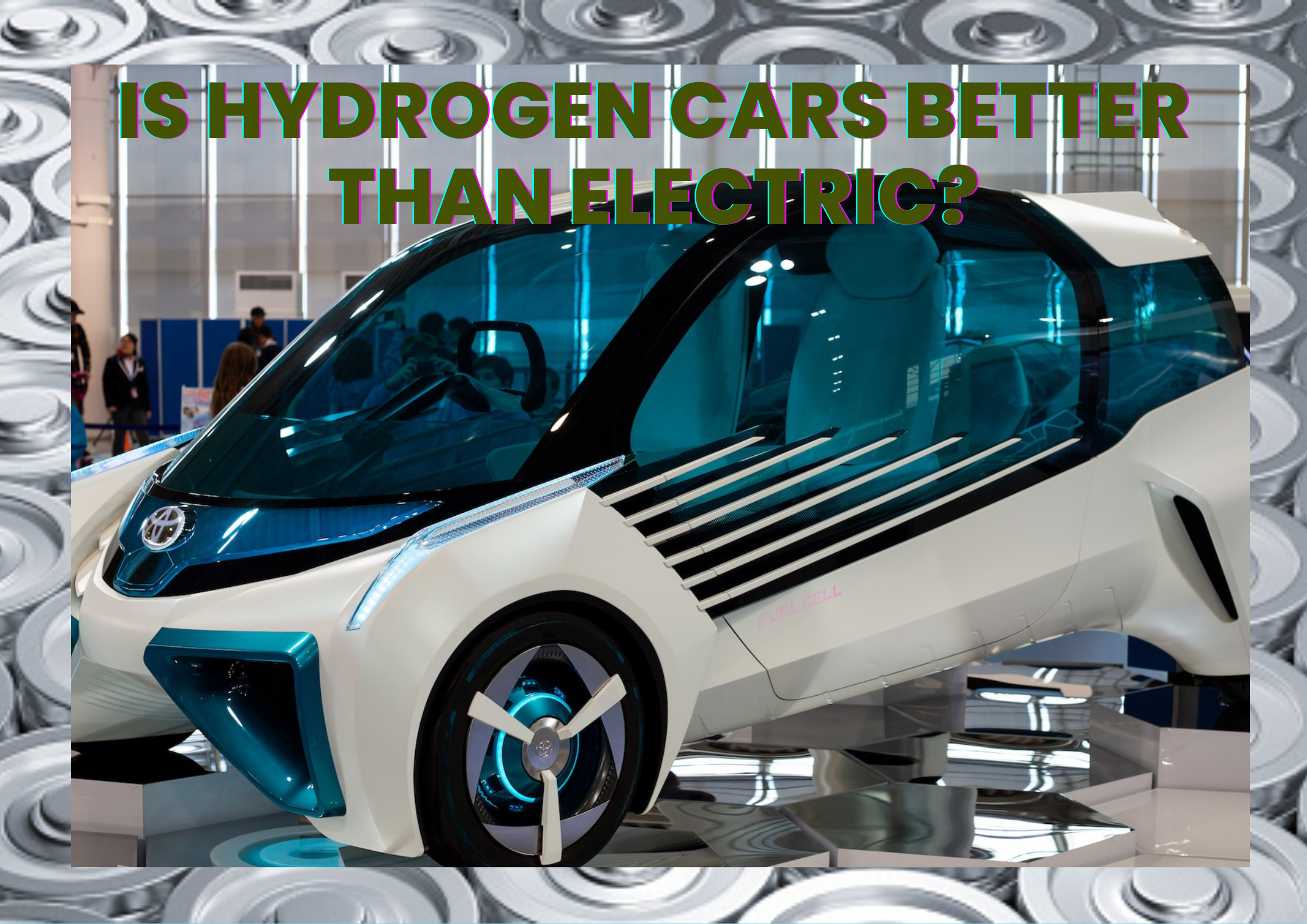Which Is The Best EV Car In India?
German car giant Audi is the only high-end luxury brand to make the list with its e-Tron electric car. The American electric car manufacturer sells an average of 2.15,000 Tesla Model 3 cars per year. Tesla plans to launch this model in India after deciding to enter the market.
Similar to Mahindra e-Verito, it is another cheaper alternative to electric car buyers in the country. Mahindra e-Verito It is also a popular car among electric taxis. Tata Tigor EV This is one of the most popular electric cars in electric taxis. Although it relies on electricity, this car can produce an impressive peak power of 127bhp.
Expect a 30.2 kWh battery to last 180–220 km in the real world; Our review of the Tata electric compact SUV found it to be fast, lightweight, and still quite fun. Prices for the Nexon EV start at Rs 2.52 million more than the expensive Nexon XZA + DT (O) with automatic transmission and end at Rs 4.93 million more, which is a significant premium. The Nexon EV is the cheapest EV to buy in India right now, especially at Rs 13.99 (former showroom). Affordable price, impeccable performance, range and the Nexon badge are some of the reasons the electric vehicle has become so successful in the domestic car market.
It boasts a long-range in the real world thanks to its 44.5 kWh battery (as our comparison of the ZS EV and Kona Electric shows), generous cabin space and a long list of equipment; However, there are some features that are not available in a vehicle of this class. It’s also luxurious, even if it’s not as versatile as you would expect from a car at this price point; at a base price of Rs 1.04, it costs the same as the larger GLS.
Most electric vehicles in India have a cruising range of 110 kilometers and cost between 60,000 and 800,000 kilometers. Compared with long-range vehicles in the same price range, this does not have a cost advantage. Electric vehicles (EVs) currently account for a portion of India’s total sales, mainly due to their high prices, as batteries are imported. But as the government provides incentives to automakers and electric car buyers, growth is accelerating.
The shift to electric mobility is part of the Indian government’s push to cut high-value oil imports and curb rampant pollution in major cities. Electric vehicle sales in India remain relatively small compared to petrol, diesel, LPG, and methane vehicles, but this is slowly changing. EVs and SUVs do not contribute much to total passenger car sales in India, but they have made their way.
When it comes to the transition to electric vehicles, India can be slightly slower than the global average. But the world is buying electric vehicles in large numbers, more than a few years ago. However, e-commerce companies, car manufacturers, companies working with app-based transport networks, and mobility providers have entered the industry and are gradually increasing the power and visibility of electric vehicles.
The minister urged Indian auto companies to modernize their electric vehicle technology and focus on finding alternatives to lithium-ion battery technology to make India the next global electric vehicle manufacturing center. “I believe that in next five years India will be one of the top hubs for electric Three Wheeler, buses, cars and two wheels”.
While many around the world have already switched to environmentally friendly vehicles, Indians are just beginning to appreciate the potential and usefulness of electric vehicles.
The brand’s electric SUV is equipped with the latest technology for maximum passenger comfort. If you have a surplus of Rs 1,04,06,640, you can get a super-premium powerful electric SUV in your garage. The 80 kWh EQC battery delivers 408 hp, 760 Nm of torque, and a claimed range of 414 km, less than the ZS EV and Kona Electric.
Depending on the size of the electric vehicle’s battery, the battery lasts for 100–450 km. The typical fast charge time for charging Kona Electric from 0% to 100% is only about 6 hours 10 minutes, and you can quickly charge your car from 0% to 80% in just 57 minutes. With a truly impressive 452 km range on a single charge, Fast Charging can charge a vehicle up to 80% in no more than 60 minutes.
The car uses a large charging battery to power the engine and should be connected to a charging station or outlet for charging. The engine is powered by a large battery located inside the vehicle that can be charged from a wall outlet or a portable charger. And that is not all; The brand has two alternatives for charging a four-wheeled vehicle: the first is a regular charger that takes about 12 hours to fully charge the car, and the second is a quick charger that charges the car battery in two hours or so.
In India, the Audi e-Tron 50 provides the best EV range.
Nissan sells about 10 Leaf electric vehicles every hour with an average annual sale of 85,988 units. Hyundai sells six Kona EVs every hour with an average of 52,184 units per year.
Hyundai Kona Electric is the most expensive and best quality car in the list of the best electric cars in India. Hyundai Kona Electric is the first Indian electric SUV made in South Korea. Kona has launched a high-end EV segment in India. Tata Nexon EV is India’s first locally-produced electric SUV. Nexon’s electric incarnation is one of India’s best-selling electric vehicles, with a market share of over 70%.
Tesla Model Y is the world’s second best-selling car manufacturer with over 11 units sold every hour. The mini electric vehicle recently hit a massive 4 million unit sales milestone. Hyundai’s first electric SUV also sold in India is ranked eighth on the list.
You can check out reliable deals like the Tata Nexon EV, Mahindra e2oPlus, Tata Tigor EV, MG ZS EV, and Hyundai Kona Electric in a wide range at Rs 7.57-24.18. Check out the mileage, specs, specs, prices, and photos of these best Indian electric vehicles.
Apart from that, the Mahindra e20 and Mahindra E Verito are other electric vehicles that you can buy right now in India. In addition, other luxury car manufacturers such as Porsche and Audi are expected to launch their electric vehicles in 2021. For example, India’s largest car manufacturer Maruti Suzuki does not currently sell EVs, citing the current high costs of owning them.


